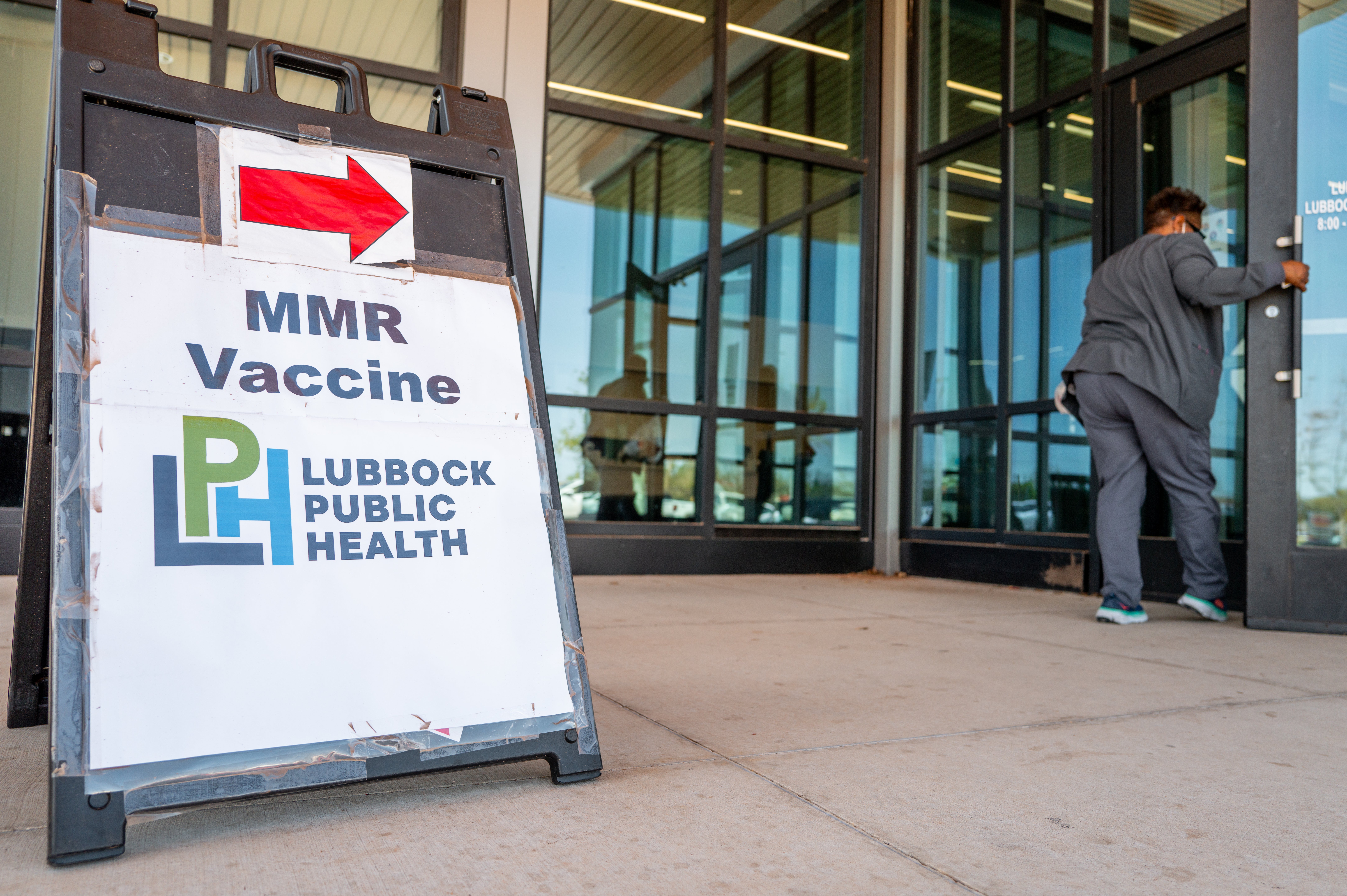Fewer than half of Americans trust in federal health agencies like the Food and Drug Administration and Centers for Disease Control and Prevention to do crucial parts of their job under the Trump administration.
Just 42 percent of more than 1,000 people surveyed in a new poll from the non-profit KFF think federal health agencies are effectively able to respond to infectious disease outbreaks. Furthermore, only 45 percent are confident that they could ensure the safety and effectiveness of vaccines approved for use in the U.S., and 46 percent believe that these and other health agencies can ensure prescription drugs are safe and effective for public usage.
“There are remarkably low levels of trust in the nation’s scientific agencies, shaped by partisan perspectives, and that presents a real danger for the country if and when another pandemic hits,” KFF CEO Drew Altman said in a statement.
The findings come amid heightened vaccine hesitancy that has helped to fuel the recent and deadly West Texas measles outbreak, and moves made by Health and Human Services Secretary Robert F. Kennedy, Jr. in support of alternate treatments and review established science.
While most adults said that they were at least “somewhat confident” in the safety of routine vaccines — including for the measles (84 percent) and the flu (74 percent) — that number drops significantly when questioned about the Covid vaccine. Indeed, only 56 percent of adults say that are at least “somewhat confident” that it is safe.
One of the reasons behind the lack of confidence is that 60 percent of the public, including Democrat voters, say that the CDC and FDA aren’t paying close enough attention to science when making decisions under the Trump administration. Less than a third of respondents said they had confidence in the agencies to act independently without interference from outside groups.

“In addition, at least three in ten say these agencies are paying ‘too much attention’ to the beliefs of officials running the agencies (34 percent) and the interests of pharmaceutical companies (30 percent) when making vaccine-related decisions,” KFF said.
Many of the responses fell along party lines. For example, Democrats were more likely to say that they have “some” trust in government health agencies. While 87 percent of Democrats were at least “somewhat confident” in the Covid vaccines’ safety - just 30 percent of Republicans said the same.
But, for Democrats, trust in the agencies to provide vaccine information is declining: falling by double digits since 2023. For Republicans, that’s increased by 10 percentage points.
“While Democrats are still more likely than Republicans to trust either the CDC or FDA as a source of vaccine information, the shifts in trust mark a notable reversal in partisan trends first observed during the start of the Covid pandemic,” said KFF.







